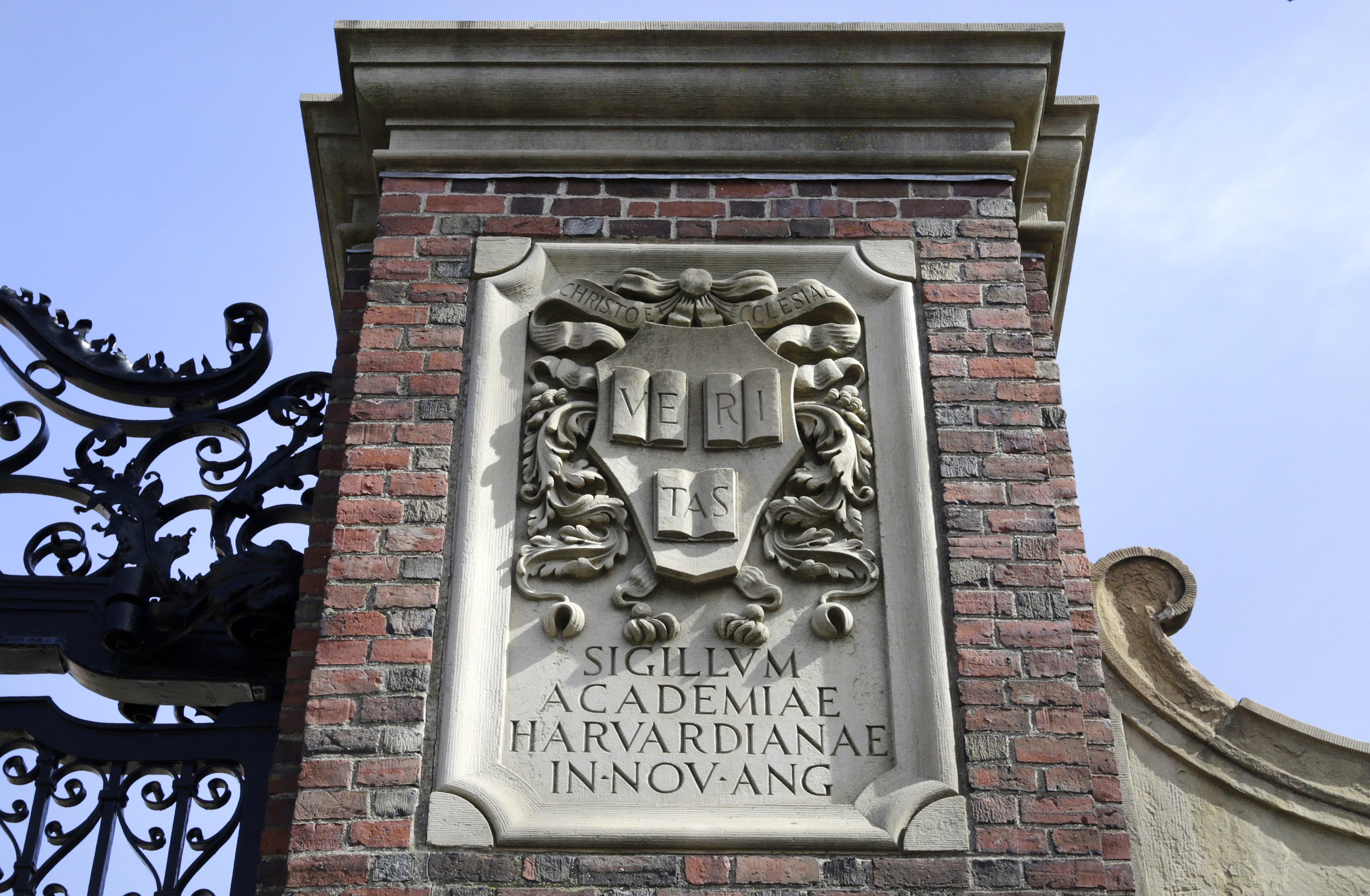Harvard Task Forces Unveil Rise of Anti-Semitism and Islamophobia on Campus

At Harvard University, students and faculty members have encountered both anti-Semitic and Islamist sentiments within an intensely divided environment on the campus of one of America’s leading educational institutions, according to individual investigations.
The publication of the reports on Tuesday comes after the creation of distinct task forces last year aimed at addressing anti-Jewish and anti-Muslim sentiments, particularly during campus demonstrations related to Israel's conflict with Gaza.
This development occurs amidst Harvard's legal battle with U.S. President Donald Trump over his administration’s choice to freeze more than $2 billion in funding for the institution. Trump asserts this action was prompted by widespread anti-Semitism at the university.
In an announcement detailing the findings, Harvard President Alan Garber stated that Jewish, Israeli, and Zionist community members shared experiences of concealing "conspicuous elements of their identity" to evade conflict. Meanwhile, Muslim, Arab, and Palestinian community members recounted feelings of being "misunderstood, misrepresented, and silenced."
"Garber highlighted that one of the most troubling aspects is how certain students seem inclined to show contempt instead of compassion towards their peers. These individuals are quick to judge and exclude others, often exploiting the anonymity and detachment provided by social media," he stated.
Several students mentioned feeling marginalized by their classmates due to their identity or beliefs, which has gradually diminished our collective sense of belonging within the university community.
The committee addressing anti-Semitism and anti-Israeli prejudice stated in their report that such biases have been "promoted, implemented, and accepted" both at Harvard and across academia as a whole.
According to the task force, an online survey revealed that 26% of Jewish students felt physically insecure, whereas 39% stated they didn’t experience a sense of belonging at the university.
Almost 60 percent of Jewish students stated they faced "discrimination, stereotyping, or negative bias" because of their viewpoints, while just 25 percent felt there would be no "academic or professional repercussions" for voicing these opinions, according to the task force.
In addition to various instances of prejudice highlighted in the document, the task force included comments from an anonymous Israeli Arab student who mentioned that Israelis become accustomed to facing social discrimination starting from their very first day at university.
"People avoiding communication with you altogether. They won't even make an effort to seem friendly. Certain individuals might initially act courteous but conclude the discussion politely once they discover I'm Israeli, only to never interact with me again," the report cited the student as stating.
The team tasked with addressing anti-Muslim, anti-Arab, and anti-Palestinian prejudice discovered an analogous atmosphere of animosity. They reported a "pervasive feeling of dread" amongst pupils along with conditions characterized as "uncertainty, neglect, menace, and solitude" within the educational environment.
The task force stated, “Women who wear hijabs and Palestinian-supporting students donning keffiyehs discussed experiencing verbal abuse, being labeled as 'terrorists,' and even instances of spitting.”
"The problem of doxxing was notably emphasized as a substantial worry impacting not just physical security and psychological health, but also potential job opportunities," the report stated, alluding to the act of publishing someone's private or identifiable data on the internet.
Almost fifty percent of the Muslim students and employees who were surveyed stated that they felt physically insecure at school, whereas ninety-two percent thought they might encounter professional or academic repercussions for voicing their political opinions.
"As Muslim students, we've been living with persistent dread," an unnamed student said, according to the task force.
There have been trucks circulating our campus for several months now, showing pictures of Muslim students... My classmates who've lost their jobs just because they led Muslim organizations have found themselves abandoned after having job offers rescinded... If there were similar vehicles promoting anti-Jewish sentiments or airplanes carrying such messages circling above us, I can’t imagine Harvard would have remained inactive.
Each task force provided a set of suggestions aimed at addressing prejudice on campus, such as increasing availability to legal resources specialized in tackling doxing, along with giving priority to applicants who advocate for unrestricted exploration and discussion.
Garber stated that the university will intensify its endeavors to guarantee it remains a space where "ideas are embraced, considered, and debated with the aim of pursuing truth" and "respect for one another is standard practice."
He stated, “In particular, when tensions run high, we should welcome the difficulty of viewing each other as we genuinely are—distinct persons with intricate beliefs and identities—and leave our presumptions aside, greeting one another with compassion and care.”
Post a Comment for "Harvard Task Forces Unveil Rise of Anti-Semitism and Islamophobia on Campus"
Post a Comment